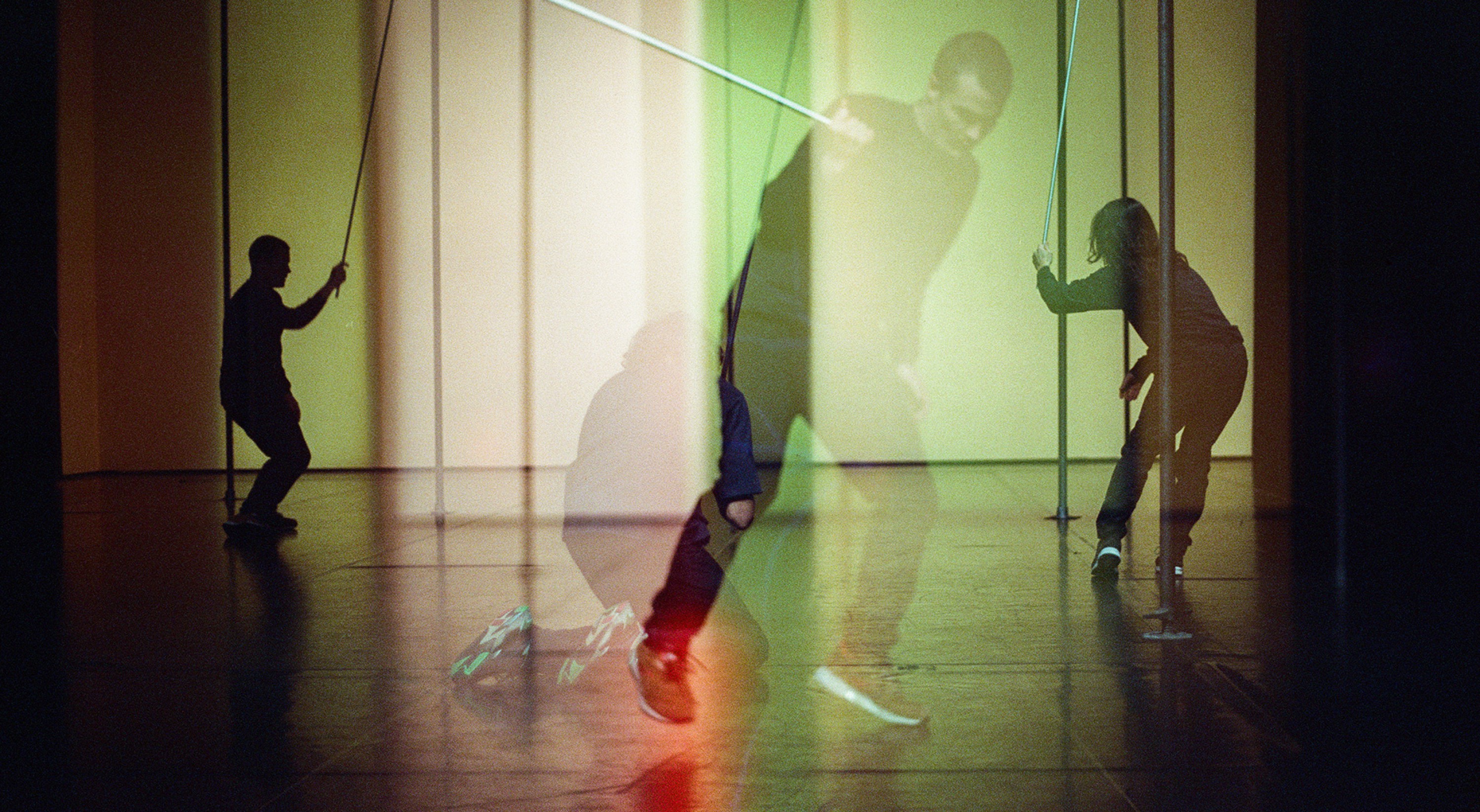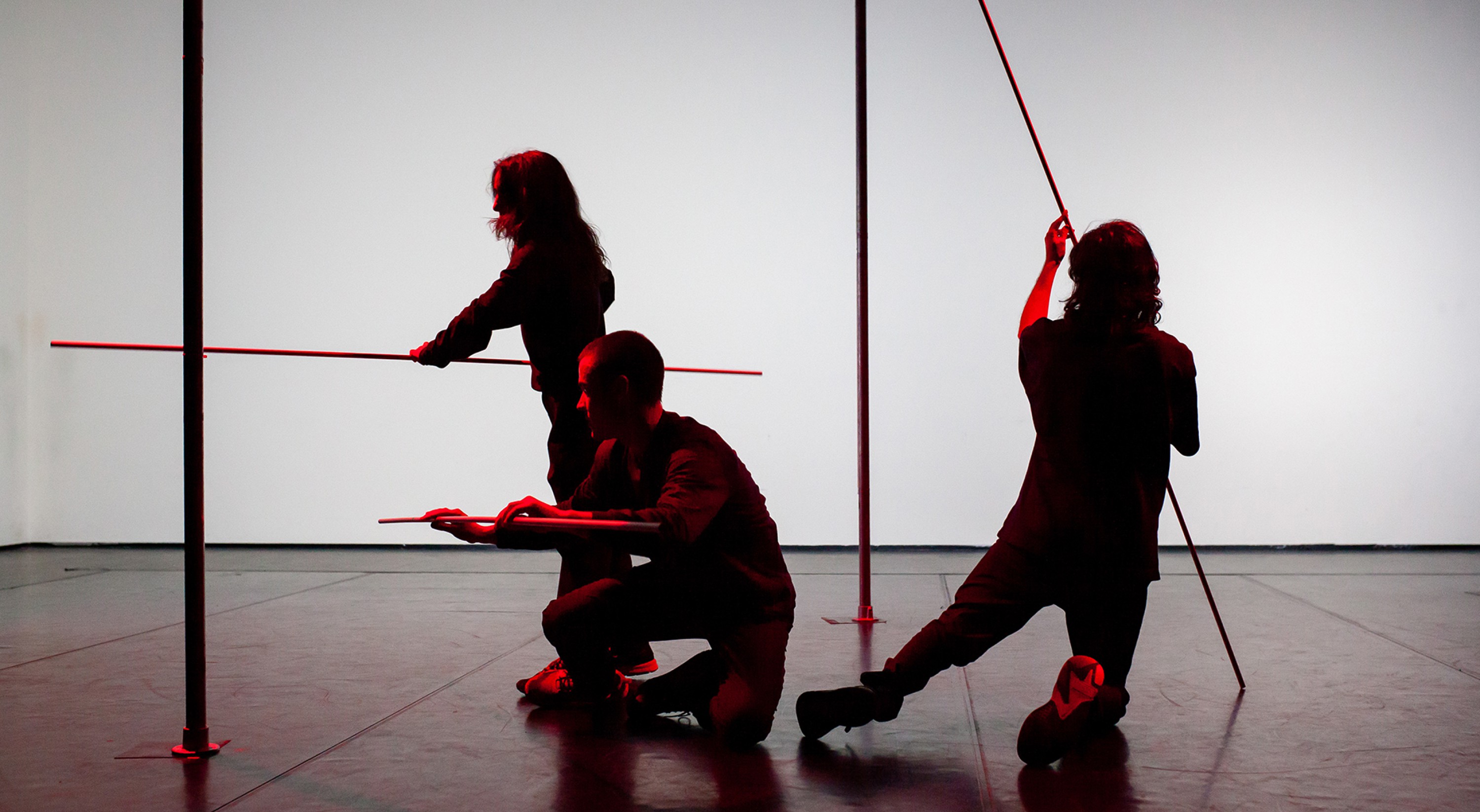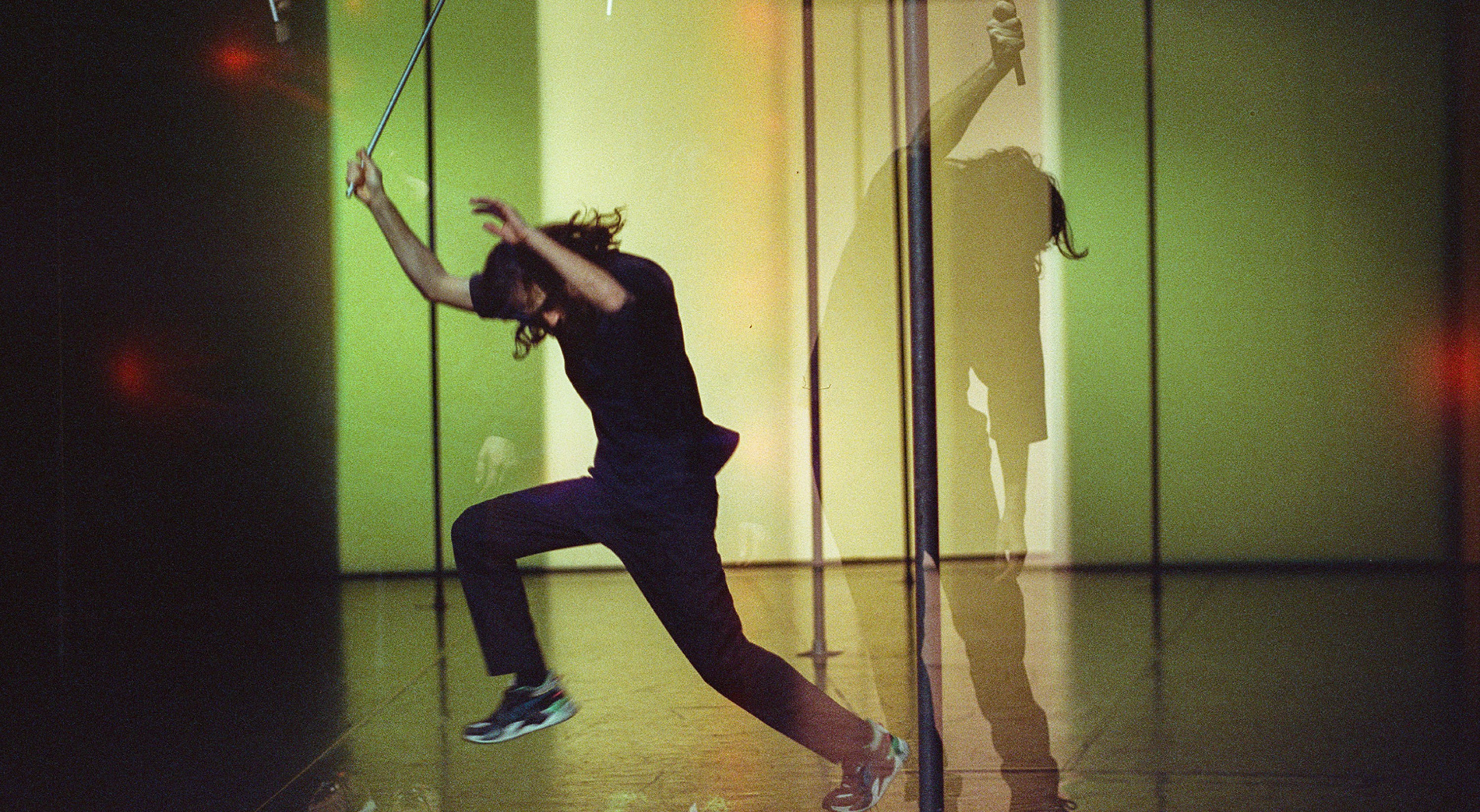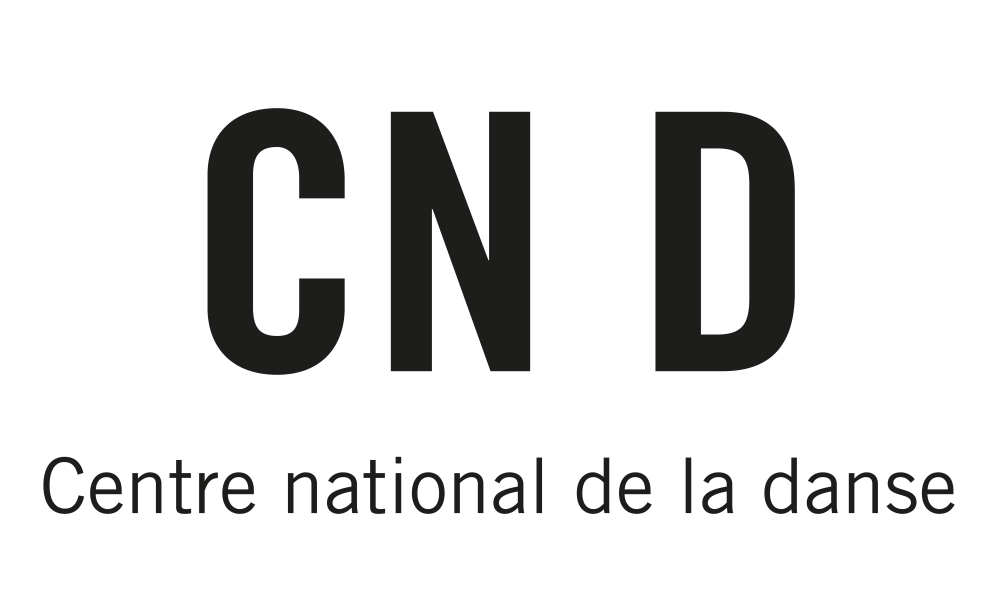Thiago Granato
The Sound They Make When No One Listens
octoberoct 20 – 22
Concept, artistic direction and choreography, Thiago Granato
Created by, Arantxa Martinez, Roger Sala Reyner, and Thiago Granato
Avec Mariana Romagnani, Roger Sala Reyner, and Thiago Granato
Co-creation and assistant director, Sandro Amaral
Lighting, Claes Schwennen
Sound, David Kiers
Sound assistant, Andrea Parolin
Dramaturgical advice, Lisa Stertz
In association with CND Centre national de la danse and Festival d’Automne
à Paris.
A coproduction by Tanz im August – HAU Hebbel am Ufer (Berlin) ; and Le Dancing - CDCN Dijon Bourgogne-Franche-Comté
In association with CND Centre national de la danse (Pantin) ; and Festival d’Automne à Paris
With support from Fondation d’entreprise Hermès
With assistance from TanzFabrik Berlin, Teatro Municipal do Porto, DDD – Festival Dias da Dança (Porto), and Station – Service for contemporary dance through the StationOne Residency Programme (Belgrade)
With support from the department of Culture and Europe of the Berlin senate.
With support from Fondation d’entreprise Hermès
Partnership with France Culture
After his three Choreoversations solos, Thiago Granato latest piece is a trio on the theme of hearing. In the midst of the current political and sanitary crises, the piece is an artistic gesture that affirms the possibility of a different relationship with the world around us.
For the Brazilian Thiago Granato, hearing, as opposed to simply listening is, in the literal sense of the word, an act of subversion. An act which ultimately has the power to overturn the established order, especially when it comes to listening and actively paying attention to those groups of invisible people whose voices are never heard, such as the minority groups held in contempt by the Bolsonaro government. Exploring the mechanisms of an active form of perception enables the current structures of power to be brought under review, in addition to the control they exercise over individuals. In this latest work, devised in Berlin, at the height of the pandemic, the choreographer plunges the three dancers into the heart of what he calls a “listeningdesign”, created in collaboration with the musician David Kiers. The sounds they make with their own bodies, such as breathing or the noise of their footsteps, as well as those from outside – electronic music, noises and voices – guide the dramaturgy and movements. Combined with lighting effects, they give rise to a multi-sensory playing space. Hearing becomes a way of going beyond appearances, and of opening ourselves up to another reality beyond that of the moving bodies.



